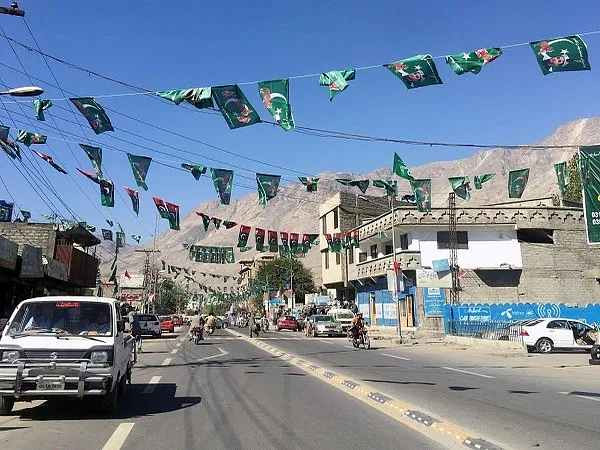Shaukat Nawaz Mir, a prominent local leader from Pakistan-occupied Jammu Kashmir (PoJK), has raised alarm over the persistent inconsistencies in the region’s school curriculum, blaming the education department for its ambiguity.
Mir’s concerns echo a growing frustration among parents and students, who are struggling with the unclear curriculum that hinders both current academic progress and preparation for higher education.
“This issue has been ongoing for at least three years,” Mir said. “Previously, PoJK’s education system was governed by multiple education boards, including the Federal Board of Intermediate and Secondary Education, the Punjab Province education board, the Elementary & Secondary Education Department of Khyber Pakhtunkhwa, and the PoJK board.”
He further explained that the lack of a standardized education system led to schools using textbooks at their own discretion, with some boards, such as the Mirpur board, expressing dissatisfaction with the quality of the books.
PoJK Education System Under Fire
Following a court order, a decision was made to standardize the educational material, allowing only textbooks with No Objection Certification (NOC) from the PoJK board. However, Mir criticized the decision for its lack of clarity on the specific content to be taught in schools.
“I don’t understand why the education department isn’t concerned about the time being wasted for our children and the jeopardization of their futures,” Mir said. “The academic session is nearing its end, yet there is still no consistent pattern in PoJK’s textbooks. Parents are left confused about their children’s studies, and students preparing for higher education are uncertain about their study materials. Even the court’s decision has been vague and not straightforward. This lack of clarity, along with delays in book production and supply, is causing significant chaos.”
Additionally, a local businessman from PoJK highlighted the broader implications of the curriculum confusion. “The disarray among education boards is also affecting the business community,” he said. “We are stuck with large stocks of textbooks from various boards—federal, PoJK, and Mirpur. This uncertainty is not only problematic for students but also for us as we struggle to manage our inventories and predict if they will sell.”
The ongoing issues in PoJK reflect a broader neglect by the occupying authorities. The Pakistan Army’s lack of genuine concern for the people of PoJK is evident, as they prioritize exploitation and use of the region against India over addressing local crises. Essential infrastructure, including education and healthcare, is often overlooked by the occupied government, leading to widespread dissatisfaction.

